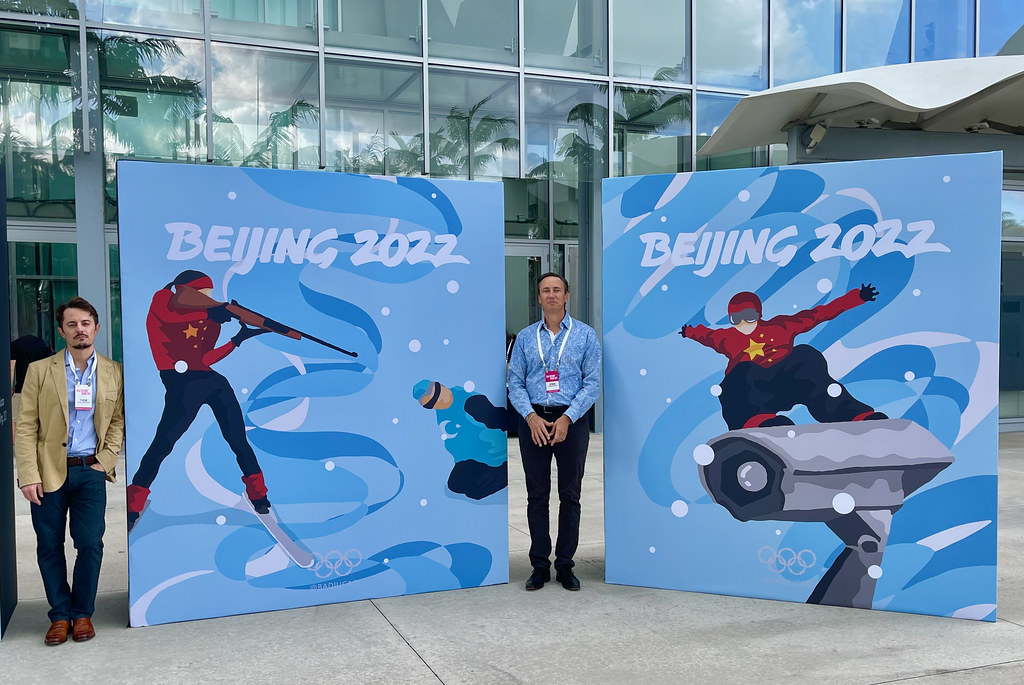In a move that has captured the attention of the sports world, Skate Canada, alongside the Canadian Olympic Committee and the athletes from Canada’s 2022 figure skating team, has announced a formal appeal against the International Skating Union’s (ISU) decision to award the team figure skating bronze medal from the 2022 Beijing Olympics to Russia. This decision comes in the wake of a doping scandal involving Russian skater Kamila Valieva, which has led to widespread debate over the integrity of competitive sports and the enforcement of anti-doping regulations.

The controversy began when the Russian team, which initially skated to gold, was implicated in a doping case after Valieva tested positive for a banned heart medicine. The Court of Arbitration for Sport (CAS) subsequently ruled on January 29 that Valieva would be disqualified from the games. In response, the ISU upgraded the United States to gold and Japan to silver, but controversially decided to still award Russia the bronze, leaving Canada in fourth place.
The amended standings published by the ISU removed Valieva’s maximum 10 points from each of her two events but did not adjust the points for the other teams accordingly. This decision has been met with confusion and frustration from the Canadian team. Maddie Schizas, a Canadian skater who competed in the event, expressed that the ruling ‘didn’t make a whole lot of sense’ to her and her teammates.
Skate Canada has voiced its disagreement with the ISU’s decision, stating that an independent review is necessary to provide clarity on the matter. ‘Our appeal is rooted in a commitment to fairness, transparency, and the integrity of the sport,’ the governing body said. The Canadian team, which included Schizas, Piper Gilles, Paul Poirier, Kirsten Moore-Towers, Michael Marinaro, Eric Radford, Vanessa James, and Roman Sadovsky, is seeking to understand the rationale behind the ISU’s decision and is hopeful for a favorable outcome from the appeal.
The ISU’s stance has been described as ‘extremely disappointing’ by Skate Canada, which has highlighted the importance of Rule 353. This rule states that ‘competitors having finished the competition and who initially placed lower than the disqualified competitor will move up accordingly in their placement.’ The federation’s statement underscores the significance of stringent anti-doping measures and the need for continuous vigilance in protecting the integrity of figure skating and all sports.
The final decision on the allocation of the medals rests with the International Olympic Committee (IOC), which has been in close contact with the ISU regarding the implementation of the decision. The outcome of this appeal could have far-reaching implications for the future of fair play in sports and the enforcement of anti-doping rules.
As the figure skating community and sports fans around the world await the resolution of this appeal, the Canadian team remains hopeful for a just and transparent outcome. The case serves as a reminder of the complexities involved in maintaining the integrity of sports and the challenges faced by governing bodies in enforcing anti-doping regulations. Regardless of the final verdict, the Canadian team’s pursuit of fairness in this matter is a testament to their commitment to the values of sport.
Related posts:
Skate Canada to appeal ISU ruling that awarded Russia bronze medal from Beijing Olympics
Skate Canada says ISU decision on 2022 figure skating team bronze will be appealed
The Russia figure skating team will still get bronze medals from the 2022 Beijing Olympics despite the disqualification of Kamila Valieva in a doping case





